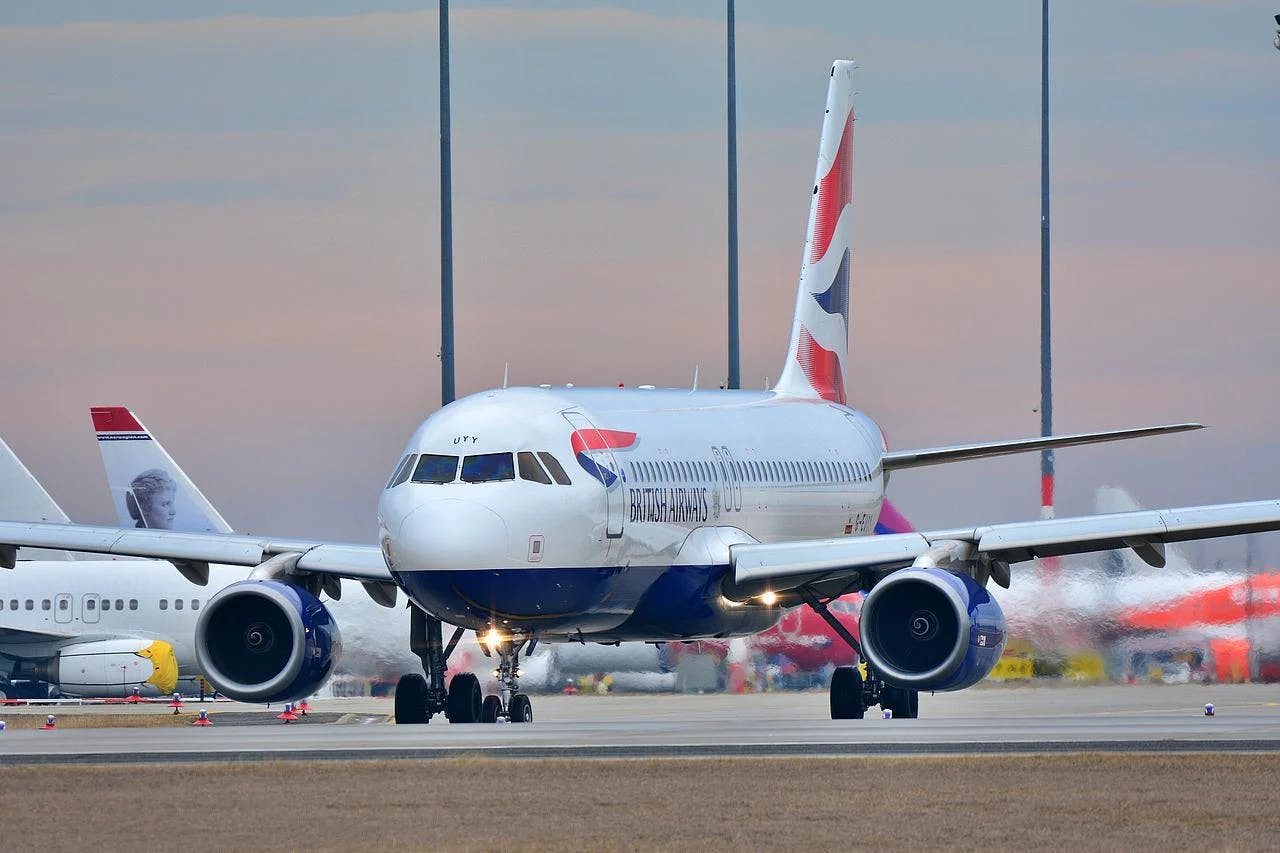
Airline Management System
An Airline Management System is a managerial software which targets to control all operations of an airline. Airlines provide transport services for their passengers. They carry or hire aircraft for this purpose. All operations of an airline company are controlled by their airline management system.
This system involves the scheduling of flights, air ticket reservations, flight cancellations, customer support, and staff management. Daily flights updates can also be retrieved by using the system.
Features
We will focus on the following set of requirements while designing the Airline Management System:
Customers should be able to search for flights for a given date and source/destination airport.
Customers should be able to reserve a ticket for any scheduled flight. Customers can also build a multi-flight itinerary.
Users of the system can check flight schedules, their departure time, available seats, arrival time, and other flight details.
Customers can make reservations for multiple passengers under one itinerary.
Only the admin of the system can add new aircrafts, flights, and flight schedules. Admin can cancel any pre-scheduled flight (all stakeholders will be notified).
Customers can cancel their reservation and itinerary.
The system should be able to handle the assignment of pilots and crew members to flights.
The system should be able to handle payments for reservations.
The system should be able to send notifications to customers whenever a reservation is made/modified or there is an update for their flights.
Rough Solution (LLD-Machine Coding)
Basic Entity
- Admin: Responsible for adding new flights and their schedules, canceling any flight, maintaining staff-related work, etc.
- Front desk officer: Will be able to reserve/cancel tickets.
- Customer: Can view flight schedule, reserve and cancel tickets.
- Pilot/Crew: Can view their assigned flights and their schedules.
- System: Mainly responsible for sending notifications regarding itinerary changes, flight status updates, etc.
Final Code
public enum FlightStatus{
ACTIVE,
SCHEDULED,
DELAYED,
DEPARTED,
LANDED,
IN_AIR,
ARRIVED,
CANCELLED,
DIVERTED,
UNKNOWN
}
public enum PaymentStatus{
UNPAID,
PENDING,
COMPLETED,
FILLED,
DECLINED,
CANCELLED,
ABANDONED,
SETTLING,
SETTLED,
REFUNDED
}
public enum ReservationStatus{
REQUESTED,
PENDING,
CONFIRMED,
CHECKED_IN,
CANCELLED,
ABANDONED
}
public enum SeatClass {
ECONOMY,
ECONOMY_PLUS,
PREFERRED_ECONOMY,
BUSINESS,
FIRST_CLASS
}
public enum SeatType {
REGULAR,
ACCESSIBLE,
EMERGENCY_EXIT,
EXTRA_LEG_ROOM
}
public enum AccountStatus{
ACTIVE,
CLOSED,
CANCELED,
BLACKLISTED,
BLOCKED
}
public class Address {
private String streetAddress;
private String city;
private String state;
private String zipCode;
private String country;
}
// For simplicity, we are not defining getter and setter functions. The reader can
// assume that all class attributes are private and accessed through their respective
// public getter method and modified only through their public setter method.
public class Account {
private String id;
private String password;
private AccountStatus status;
public boolean resetPassword();
}
public abstract class Person {
private String name;
private Address address;
private String email;
private String phone;
private Account account;
}
public class Customer extends Person {
private String frequentFlyerNumber;
public List<Itinerary> getItineraries();
}
public class Passenger {
private String name;
private String passportNumber;
private Date dateOfBirth;
public String getPassportNumber() {
return this.passportNumber;
}
}
public class Airport {
private String name;
private Address address;
private String code;
public List<Flight> getFlights();
}
public class Aircraft {
private String name;
private String model;
private int manufacturingYear;
private List<Seat> seats;
public List<FlightInstance> getFlights();
}
public class Seat {
private String seatNumber;
private SeatType type;
private SeatClass _class;
}
public class FlightSeat extends Seat {
private double fare;
public double getFare();
}
public class WeeklySchedule {
private int dayOfWeek;
private Time departureTime;
}
public class CustomSchedule {
private Date customDate;
private Time departureTime;
}
public class Flight {
private String flightNumber;
private Airport departure;
private Airport arrival;
private int durationInMinutes;
private List<WeeklySchedules> weeklySchedules;
private List<CustomSchedules> customSchedules;
private List<FlightInstance> flightInstances;
}
public class FlightInstance {
private Date departureTime;
private String gate;
private FlightStatus status;
private Aircraft aircraft;
public bool cancel();
public void updateStatus(FlightStatus status);
}
public class FlightReservation {
private String reservationNumber;
private FlightInstance flight;
private Map<Passenger, FlightSeat> seatMap;
private Date creationDate;
private ReservationStatus status;
public static FlightReservation fetchReservationDetails(String reservationNumber);
public List<Passenger> getPassengers();
}
public class Itinerary {
private String customerId;
private Airport startingAirport;
private Airport finalAirport;
private Date creationDate;
private List<FlightReservation> reservations;
public List<FlightReservation> getReservations();
public boolean makeReservation();
public boolean makePayment();
}

